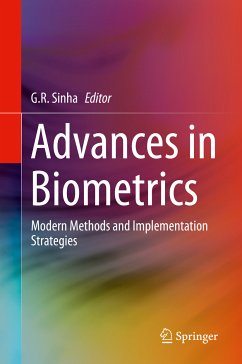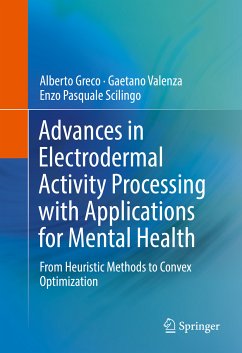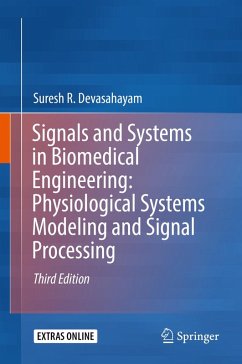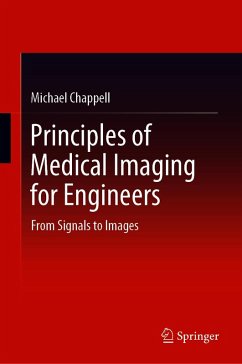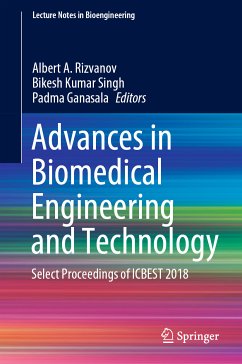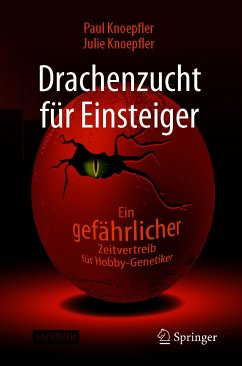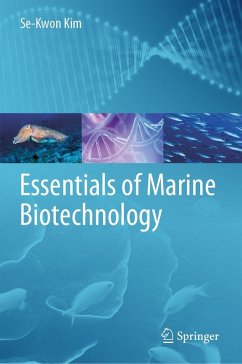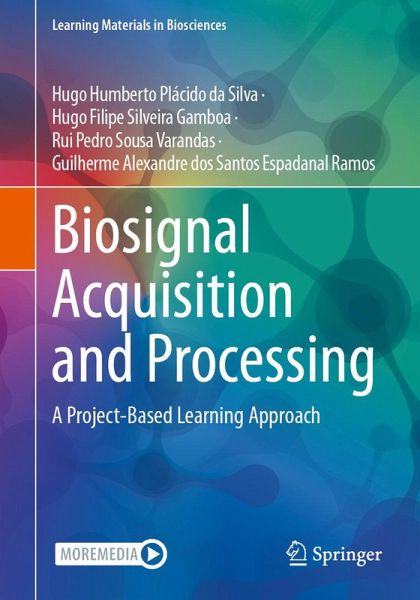
Biosignal Acquisition and Processing (eBook, PDF)
A Project-Based Learning Approach
Versandkostenfrei!
Sofort per Download lieferbar
57,95 €
inkl. MwSt.
Weitere Ausgaben:

PAYBACK Punkte
29 °P sammeln!
This textbook provides an introduction to common concepts in biosignal acquisition and processing, rooted in a Project-Based Learning (PBL). A series of exercises and corresponding solutions is described, with a focus on common problems that new entrants encounter in the undergraduate and graduate curriculums in biomedical engineering, psychophysiology, human-computer interaction, physiotherapy, and others developing work in the boundary between biosignal acquisition and other disciplines. Solutions include both hardware and software components, encompassing sensor design, biosignals acquisiti...
This textbook provides an introduction to common concepts in biosignal acquisition and processing, rooted in a Project-Based Learning (PBL). A series of exercises and corresponding solutions is described, with a focus on common problems that new entrants encounter in the undergraduate and graduate curriculums in biomedical engineering, psychophysiology, human-computer interaction, physiotherapy, and others developing work in the boundary between biosignal acquisition and other disciplines. Solutions include both hardware and software components, encompassing sensor design, biosignals acquisition using the Arduino and BITalino platforms, Python for signal processing, analysis, and knowledge extraction, including also HTML/CSS/JavaScript for user interface design. All the content is supported with rich graphics, source code, and other useful resources made available to the interested reader. This is an ideal book for undergraduate students and practitioners (across disciplines) who are studying or working in the field of biomedical signal acquisition, processing, and analysis.
Dieser Download kann aus rechtlichen Gründen nur mit Rechnungsadresse in A, B, BG, CY, CZ, D, DK, EW, E, FIN, F, GR, HR, H, IRL, I, LT, L, LR, M, NL, PL, P, R, S, SLO, SK ausgeliefert werden.



